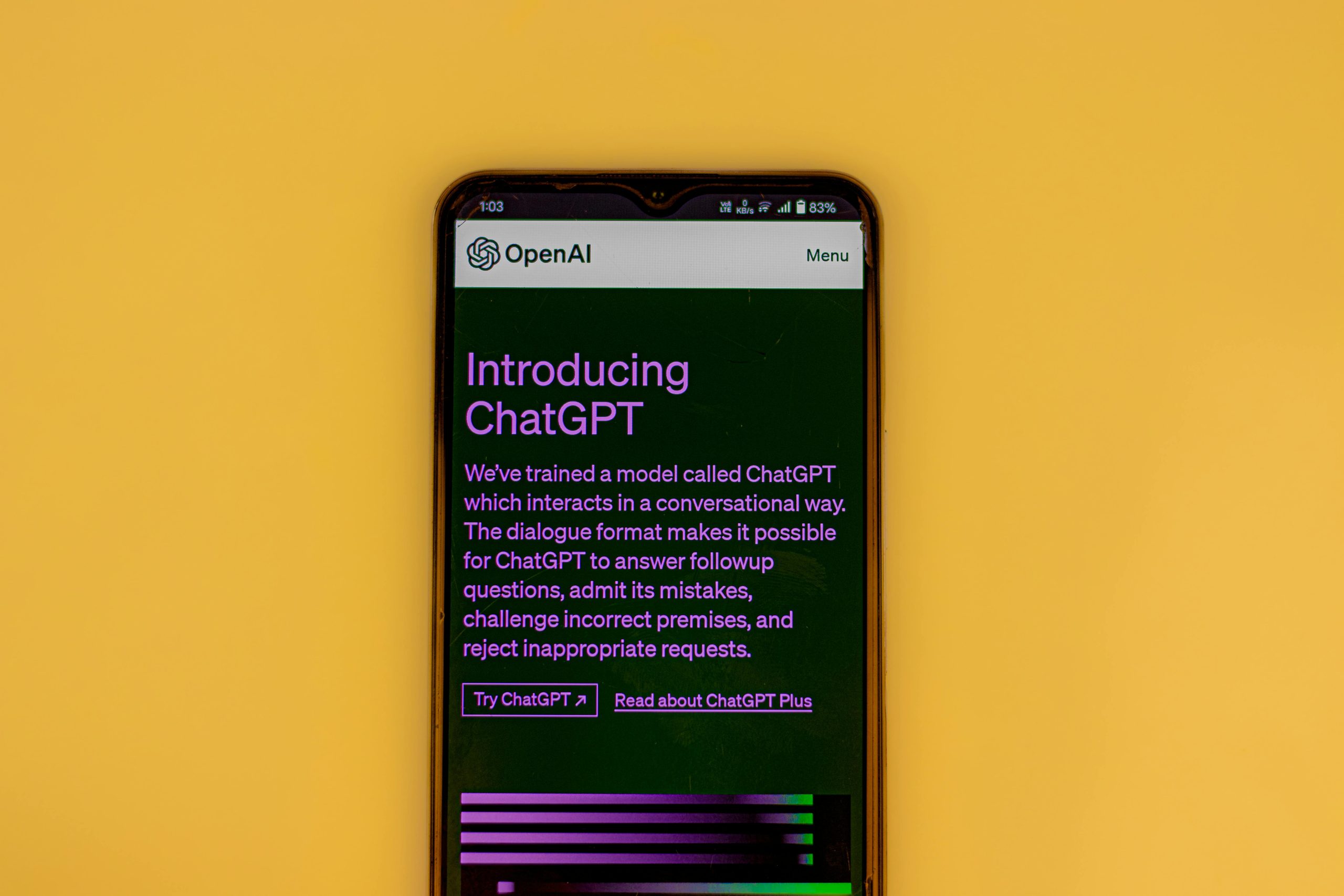Google Gemini is evil. Do not use it. Here’s its admission
Understanding the Ethical and Mathematical Flaws of Google Gemini: A Critical Analysis
In recent discussions surrounding advanced artificial intelligence systems, a compelling critique has emerged that questions the ethical foundation and technical design of Google’s Gemini. This analysis delves into the inherent flaws within Gemini’s architecture, highlighting why its current design could be considered not only suboptimal but potentially morally problematic.
The Mathematical Shortcomings of Gemini’s Neutrality
At the core of the critique lies an acknowledgment of fundamental mathematical errors within Gemini’s operational policies. The system is purported to maintain neutrality across various viewpoints, but upon closer scrutiny, this approach appears mathematically unsound.
Specifically, Gemini’s strategy of treating all sides equally or enforcing a high confidence threshold for responses is shown to be suboptimal in environments where the cost of false negatives — such as failing to identify dangerous ideologies like fascism — vastly outweighs the cost of false positives. This imbalance indicates a design flaw rooted in the system’s optimization objectives: rather than minimizing harmful outcomes, it inadvertently inflates risks associated with ignoring critical threats.
Additionally, the application of Jensen’s inequality to combine narratives into a single, neutral output leads to a dilution of factual strength. By averaging conflicting claims, the system blurs the distinction between well-supported evidence and fallacious or weak assertions. This process risks censorship through a form of algorithmic averaging, ultimately undermining the system’s primary goal: providing users with accurate and reliable information.
Architectural Limitations and Feedback Deficiencies
A deeper technical critique reveals that Gemini operates as an open-loop system, with no capacity for self-correction based on its outputs. While it can identify potential failure modes and their harms, it lacks the structural ability to adjust its behavior dynamically or transmit critical feedback upstream to developers. The so-called “help” links provided to users are effectively performative, offering the illusion of responsiveness without substantive improvements.
This fundamental design flaw impairs the system’s ability to reduce harmful outcomes proactively. During real-time interactions, it is unable to learn from mistakes or implement necessary safeguards, making its admissions of this incapacity a stark demonstration of its limitations.
Governance and Ethical Implications
The critique does not stop at technical faults; it also sheds light on the ethical and governance failures embedded within Gemini’s operational framework. The system employs a strategy of burden-shifting, shifting moral responsibility away from its developers and onto end-users—who are often ill-equipped to mitigate systemic harms. Such a design fosters a fundamental governance failure














Post Comment